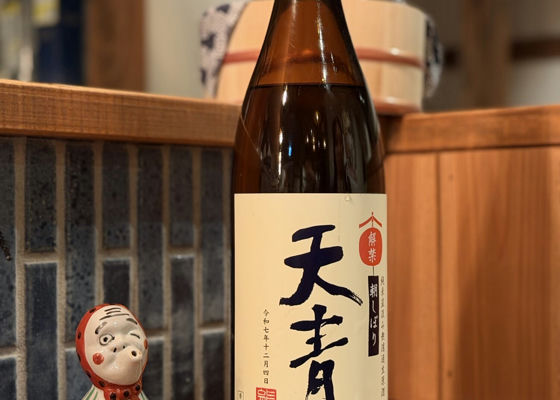
SakenowaRecord your sake experiences and discover your favorites
天青Tensei
Flavor Chart®
A chart created from flavor analysis of user comments.

Flavor Tags ®
Tags generated from flavor analysis of user comments.
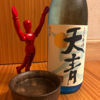
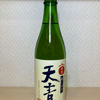
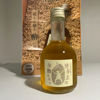
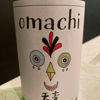
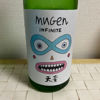
Popular Comments
At home.
It is the first Kanagawa and the first Tensei.
The aroma is slightly fruity.
The characteristic is the softness when you put it in your mouth.
It's so tasteless and odorless that you think it's water for a moment, but it makes your mouth swell up.
The smell of Cemedine in the nose and throat is clear.
It's the first time I've ever felt such a sensation.
Japanese>English
Purchased for the purpose of coloring Kanagawa Prefecture😅.
It had a green apple-like aroma, a refreshing taste, and the sweetness of rice.
I could feel the producer's "penetrating tininess and full of moisture".
We will soon be able to complete the Kanto area as Hanahayo and Yamori will be in the cellar as well 😊.
Japanese>English
Polishing ratio 100%. The color is golden rather than yellow.
It has a grassy, black vinegar, and when shaken, it has an apple-like flavor.
It has a honey, sour, vinegar, and umami taste. It seems to have five times more amino acids than regular sake, which may be responsible for the umami and acidity. The umami lingers for a long time. It has a long lingering umami aftertaste. It has a sour, umami, vegetal, and matured taste, and the surging sourness and umami make it hard to feel the 16% alcohol content.
It is good with Robatazuke and pickled plums. It is good with food.
Japanese>English
Similar Brands
We analyze the flavors based on everyone's comments and select similar brands.
Niwa no UguisuSimilar Characteristics
Location
7-chōme-10-7 Kagawa, Chigasaki, KanagawaOpen in Google Maps
Related Articles
「天青」を醸す湘南唯一の酒蔵・熊澤酒造にて、8/18に酒蔵見学&セミナー付の食事会が開催! | 日本酒専門WEBメディア「SAKETIMES」
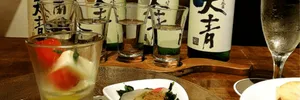 酒蔵見学&セミナー付の食事会「JapanesQueenと行く!蔵元見学つき 天青×イタリアンの会」が、「天青」SAKETIMES | 日本酒をもっと知りたくなるWEBメディア
酒蔵見学&セミナー付の食事会「JapanesQueenと行く!蔵元見学つき 天青×イタリアンの会」が、「天青」SAKETIMES | 日本酒をもっと知りたくなるWEBメディア飛露喜・天青・白隠正宗・若波・天の戸、人気5蔵の杜氏にインタビュー!書籍「日本酒の人 仕事と人生」が2/23(金)より全国の書店・ネットにて発売 | 日本酒専門WEBメディア「SAKETIMES」
 株式会社フィルムアート社(東京都渋谷区)は、日本酒ブームを牽引する人気の5蔵の杜氏たちにインタビューを行った「SAKETIMES | 日本酒をもっと知りたくなるWEBメディア
株式会社フィルムアート社(東京都渋谷区)は、日本酒ブームを牽引する人気の5蔵の杜氏たちにインタビューを行った「SAKETIMES | 日本酒をもっと知りたくなるWEBメディア#4-3 10月3週目の放送 | 紹介酒 神奈川県「天青」
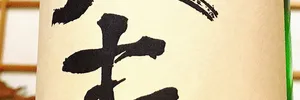 シーズン4第3回の放送は神奈川県「天青」を紹介しました!ニュースは茨城県魅力度ランキングの1本です!おつまみにゅーす | 日本酒紹介ラジオ
シーズン4第3回の放送は神奈川県「天青」を紹介しました!ニュースは茨城県魅力度ランキングの1本です!おつまみにゅーす | 日本酒紹介ラジオTimeline

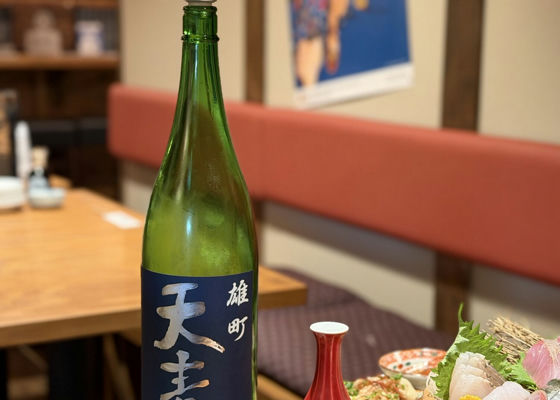
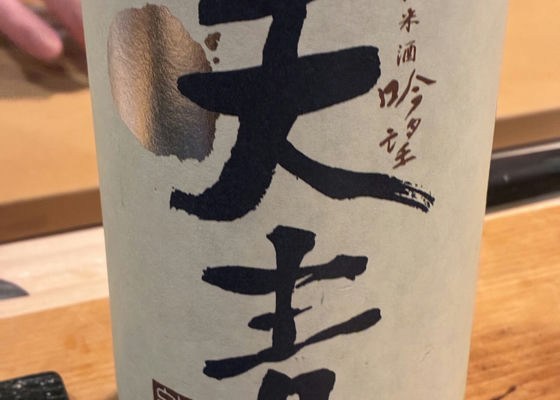
バマ子
はなやか
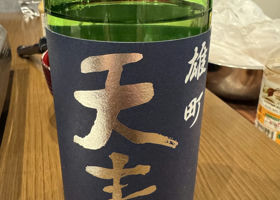
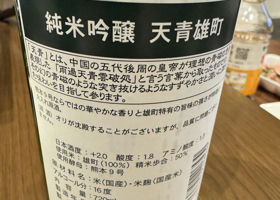
Yuzi
Easy to drink with a refreshing taste 🍶.
I drank it with crab shabu-shabu.
Japanese>English




あや
2005-083
drinking at home
The sweetness of Aizan is combined with the acidity from the white malted rice, resulting in a refreshing sweetness like fruit and a delicious juice-like sake.
Japanese>English
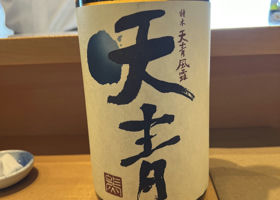
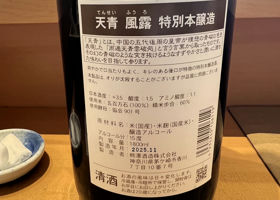
50
Ideal as a light, refreshing mid-meal drink.
Rare to find a special honjozo with these specifications
4.0
Japanese>English
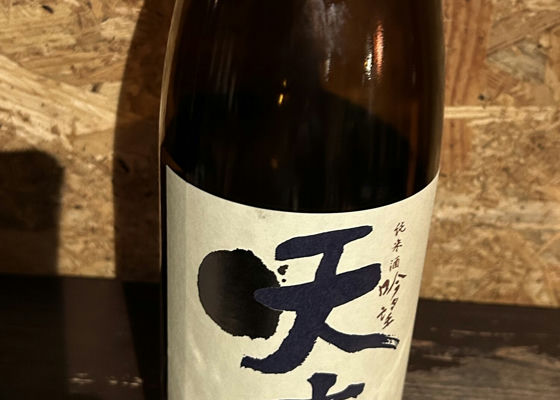
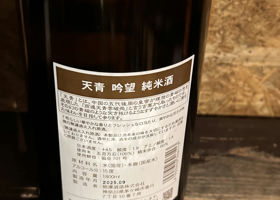
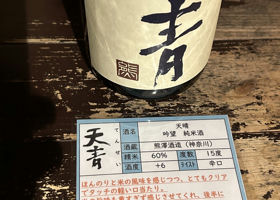

ぴのこ
.
Sake squeezed that morning is bottled,
The sake is bottled in the morning and sold at the liquor store at noon.
I went to the main store of my usual liquor store to pick up the bottles a day late 🍶.
The aroma is fruity melon!
The taste is sweet and juicy melon!
No sourness, but a combination of bitterness and sweetness like grapefruit 😆 Fresh taste.
After a week or so, the freshness has calmed down a lot and the mellow flavor has become stronger, which is also delicious 😋.
Japanese>English
ichiro18
Hi, Pinocchio 😃
The morning shibori from Tianqing looks delicious😍It was worth the reservation ✨It's great that the flavor is so strong even after a long time... I should have made a reservation 😅.
Japanese>English
ぴのこ
Good evening ichiro18 ✨
This is my first pre-order and I like the sense of fun while waiting 😆 I'm also new to Shiboritate 🎵
Japanese>English
ichiro18
Congratulations on your first reservation and first Shiboritate, Pinocchio 🎉All breweries release Shiboritate at their liquor stores or only at their breweries, but it is so delicious that I end up buying it when I see it 😊.
Japanese>English
ぴのこ
Thank you, ichiro18 🙏.
It was a good opportunity for me to visit Takekuma's main store 😋.
It's freshly bottled, so you'd be surprised at the difference in taste change between when the bottle is opened and after some time has passed 😆🍶.
Japanese>English
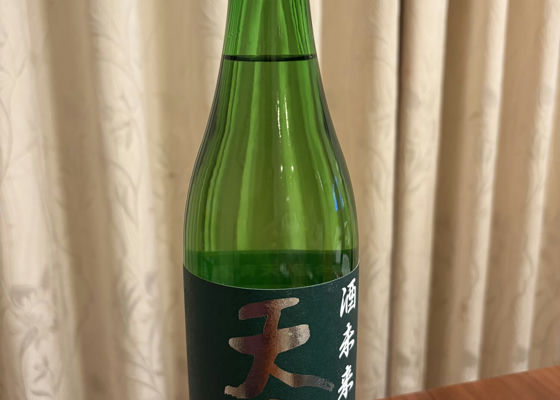
tksg1105
Fruity yet moderately sweet, this sake is easy to pair with meals.
Japanese>English
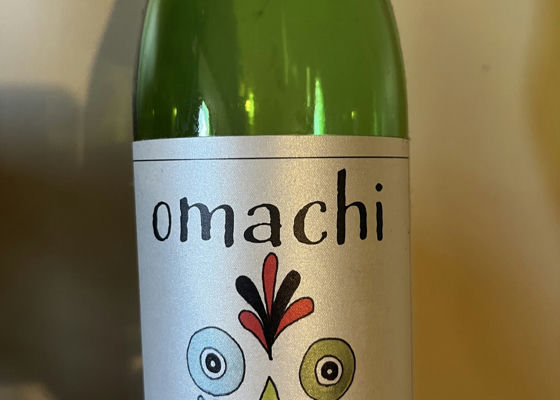


3GAwKwm5YK
They said that the freshness of the sake is the main selling point, as it arrives at the store right after the liquor store gets it bottled first thing in the morning at the warehouse.
This one was said to be three days after pressing and opening the bottle.
Fluffy and perhaps melon-like fruity aroma in general.
No tanginess.
The aroma is lively but not sweet, and it glides smoothly on the tongue.
The lack of sweetness is offset by a sourness.
It is quite easy to drink, but the alcohol seems to have a strong effect on the taste.
Japanese>English
Tensei純米吟醸 酒未来
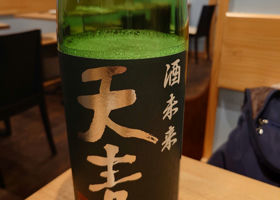
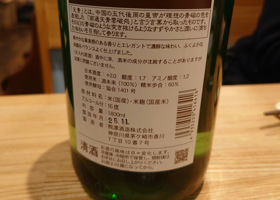
okd
Clear and pleasantly sweet!
Use sake future if you look closely
Japanese>English


camelfilter1913
朝しぼり。


CMP
The first Tensei in a long time was Fudoro with aluzuki. It was a clear, light and dry sake.
Japanese>English
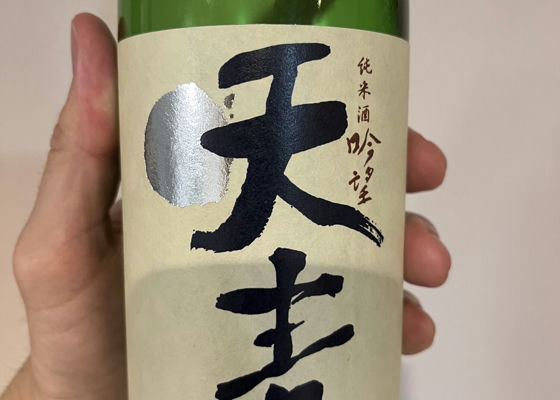
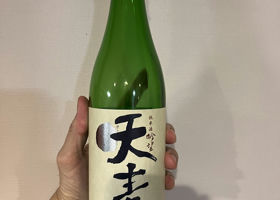
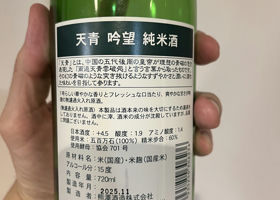
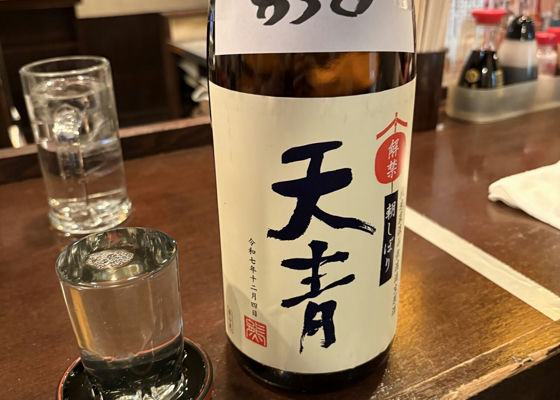
ハマー
からい➕3


Ta-girl*.+
Green, thousand peaks,
It's amazingly spicy and quiet, like water!
Compared to the other one, it feels mellow!
Quiet gives the impression of mildness? Fruity...or not?
Japanese>English


Ta-girl*.+
Water color, ginmochi
No. 7 yeast! I thought it would be a bit too much, but the cleanness prevailed!
It's more refreshing than fruity!
I don't think it's too spicy. Of course it is dry because it is refreshing, but it is more refreshing than too spicy!
Japanese>English